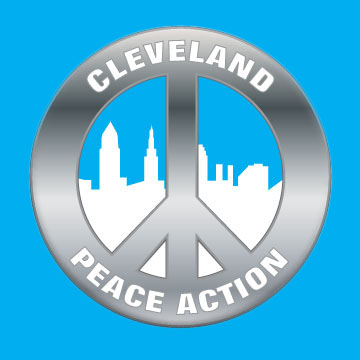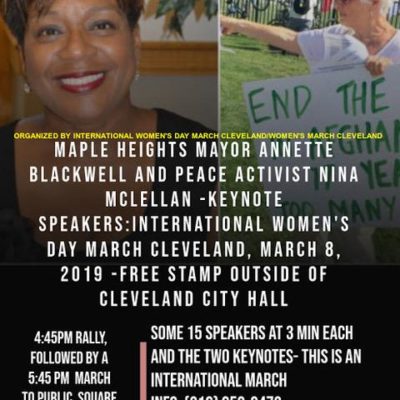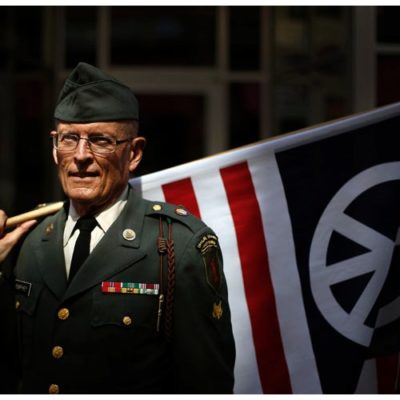President Donald J. Trump’s three lethal attacks on Venezuelan boats overrides long-established international conventions. For decades, the Coast Guard has enforced these laws and protocols to intercept marine drug traders headed for the U.S. The Coast Guard has the authority to board boats suspected of breaking U.S. law, seize contraband, and arrest suspects. Gunshots are only fired after strict rules and warnings.
But the U.S. Navy has now committed what amounts to piracy on the high seas. By these three unprovoked bombings, the U.S. government is perpetrating human rights crimes. They may be war crimes, given the President’s and Marco Rubio’s insistences that the United States is “at war” with Venezuela. War crimes under U.S. law include murder and maiming of noncombatants. The United States has no lawful jurisdiction on the high seas to implement the summary executions of anyone absent a state of war.
There was no direct or immediate threat to the U.S. by any Venezuelan vessels. Under the present administration, counternarcotics operations have been relabeled as counterterrorism operations. The U.S. president thinks this gives him the right to murder civilians. “Labeling a drug cartel a terrorist organization and killing 11 members on a vessel, which may or may not have been destined for the United States, under the guise of an amorphous “national interest” is an extraordinary and unprecedented assertion of presidential power,” writes Mark Nevitt, a former naval line officer and JAG, the legal arm of the United States Navy. Unfortunately, that is what the U.S. Supreme Court did for President Trump in its shattering 2024 ruling which granted presidents “absolute immunity” from prosecution for any criminal acts done as part of the President’s “official” duties. Donald Trump will never have to stand trial for these illegal killings. But Marco Rubio does not have such protection.
Cleveland Peace Action condemns these unprecedented attacks which may have far-reaching consequences. A Strategic Association and Cooperation Treaty between Venezuela and Russia is now in the making. Russian influence in the western hemisphere would raise the stakes for confrontation as it did in the 1962 Cuban Missile Crisis. The events brought the U.S. and Russia to the brink of war when U.S. deployments of nuclear missiles in Italy and Turkey were countered by Soviet deployments of nuclear missiles in Cuba.
In a rebuff to the Trump Administration’s military strikes, the Bolivarian Military Aviation posted images of Russian-made fighter jets equipped with anti-ship missiles. The Bolivarian National Armed Forces have been deployed to the island of La Orchila in the Venezuelan Caribbean.
From a Latin American perspective, Venezuelan historian Miguel Tinker Salas writes: “We have a very clear example of political theater, an attempt at provocation, an ongoing effort at regime change, and the strategy of trying to use the military to interdict drug trafficking, which has failed incredibly in Mexico, Colombia, everywhere else the U.S. has applied it.” He adds that the Trump administration is “misleading the public in indicating that these were drug traffickers with no evidence whatsoever,” and that attempt to manufacture a crisis with Venezuela is reminiscent of the lead-up to the U.S. war on Iraq. If Trump succeeds in starting a war with Venezuela, it will empower him to invoke the 1798 Alien Enemies Act, by which all males, age 14 or older who are not U.S. citizens may forcibly and without any legal process or rights be expelled from the United States.



Leave a Comment